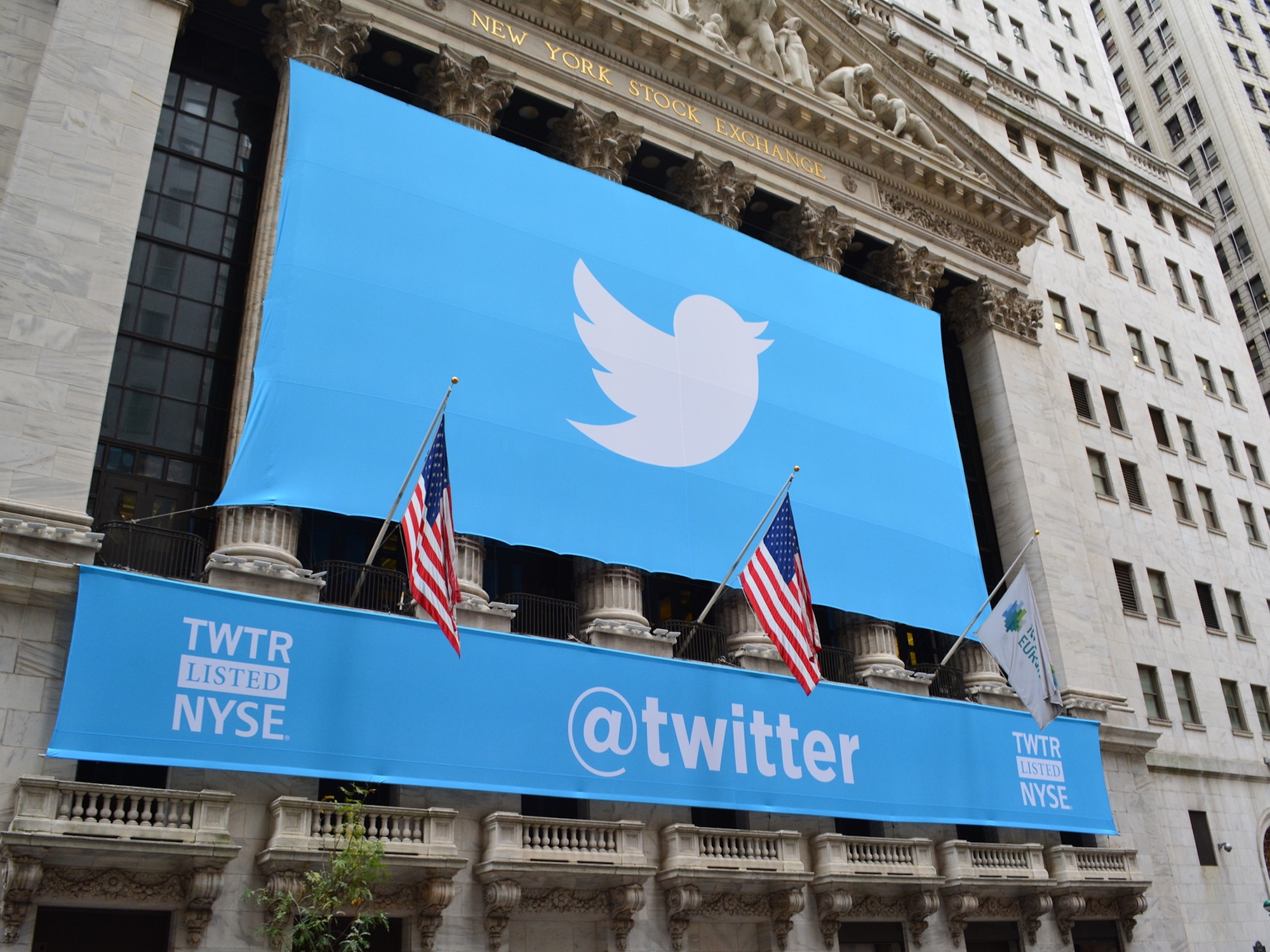

A trove of internal research first revealed by Reuters on Tuesday presents a grim outlook for Twitter, mere days before a federal judge’s deadline for Elon Musk to complete a $44 billion acquisition of the company. According to the report, an in-house company study titled “Where Did the Tweeters Go?” describes that the app’s most frequent (and subsequently profitable) users—dubbed “heavy tweeters”—are in “absolute decline” since the onset of the COVID-19 pandemic.
Companies like Twitter earn the vast majority of their revenue through the monetization of their users’ data and online preferences, which can be amassed and subsequently sold to third-parties for advertising purposes. As such, the more you use an app such as Twitter, the more valuable you are to the app maker for generating desirable data troves. Twitter’s “heavy tweeter” is defined by the company as someone who visits the platform almost daily and posts at least three-to-four times a week. As such, although this category reportedly only covers 10 percent of monthly overall users, they generate 90 percent of all tweets and half of the company’s global revenue stream.
[Related: Elon Musk offers to buy Twitter (again).]
The report doesn’t include concrete numbers, but it describes Twitter’s English-speaking base as declining by a “devastating” percentage. According to the company report, the platform amassed more ad money from the United States than every other market combined in its last fourth quarter. Still, English-speaking users continue to abandon the app for competitors like Instagram and TikTok.
The emergency is exacerbated in a number of other ways, including shifting audience interests. Twitter has long been one of the few social media platforms to allow “Not Safe For Work” content like pornography, a medium most mainstream advertisers generally avoid. Unfortunately for the company, audience interest in this kind of explicit material has risen on the app, and now makes up about 13 percent of Twitter’s posts, according to an additional report seen by Reuters. This, coupled with a decreased interest in subjects like cryptocurrency following the market’s dramatic crash earlier this year, makes the remaining English users less ideal for advertisers—and thus less profitable for Twitter.
Friday is the last day for Musk to close a deal for the purchase of the social media platform. If he fails to do so, a November start date will be set for trial between the social media platform and the world’s wealthiest man.
